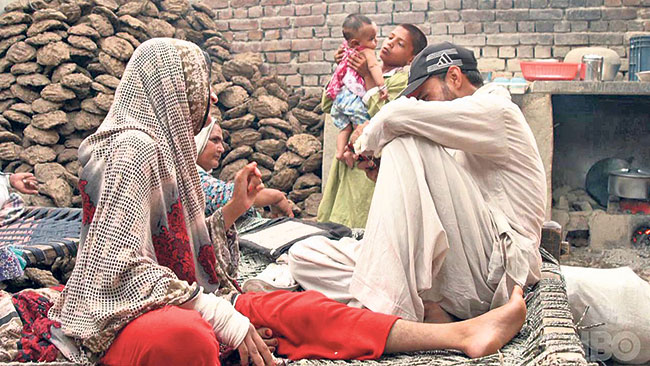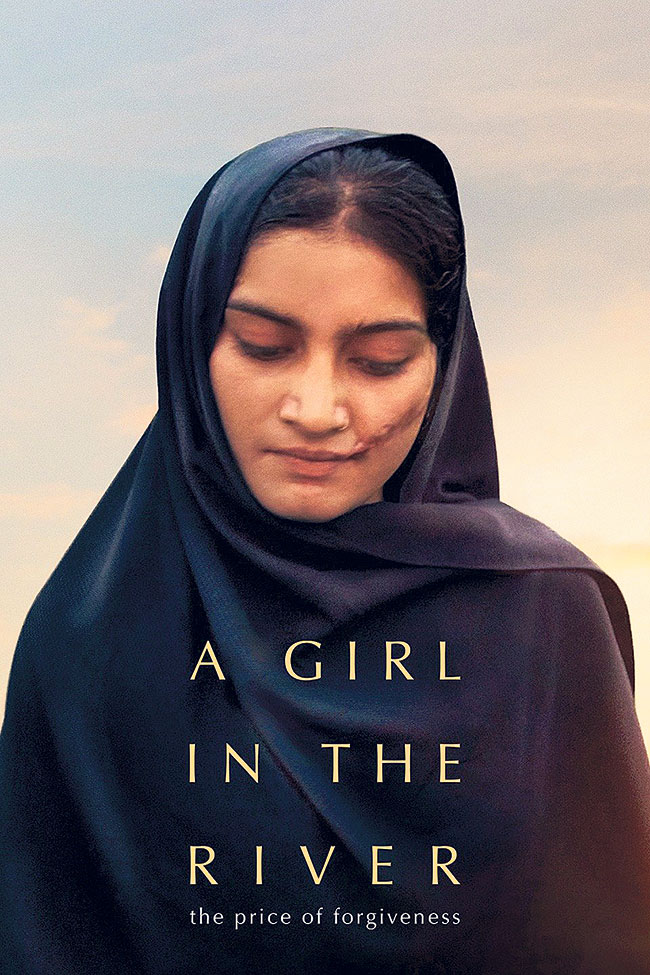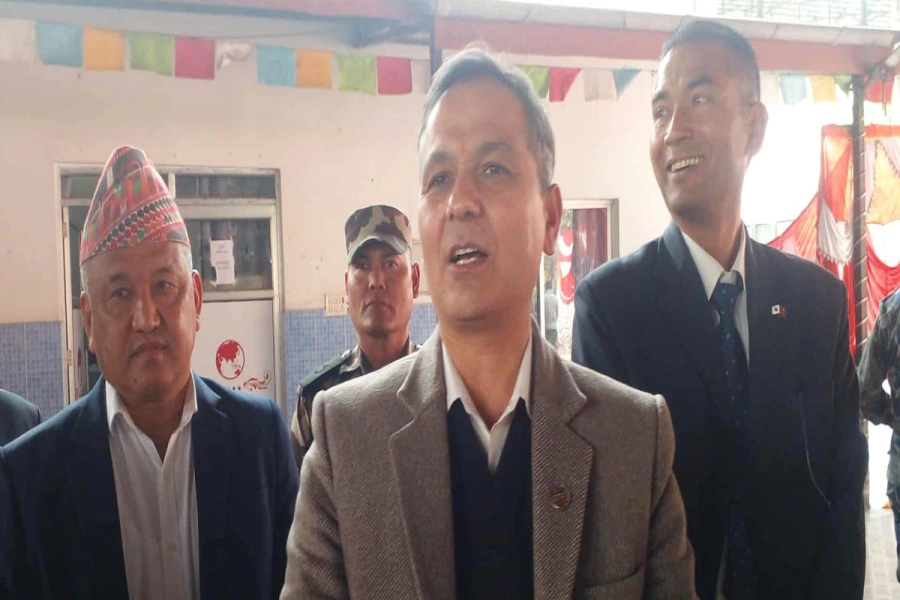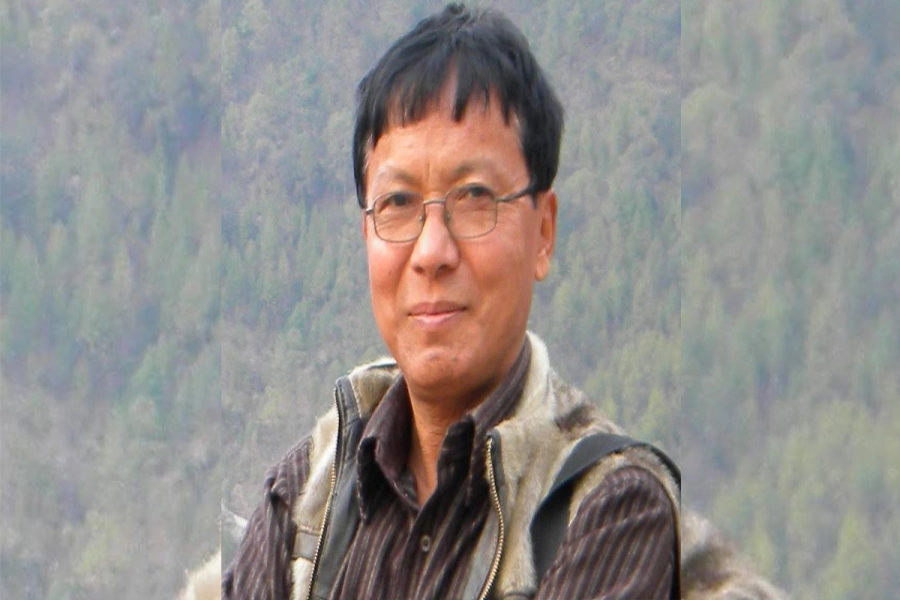KATHMANDU, Nov 2: The 11th edition of Film Southasia 2017 is screening a specially curated section of documentaries on contentious issues starting from Thursday at the Yala Maya Kendra under the theme ‘Documentary Bears Witness’.
The festival is scheduled to be inaugurated by Indian media personality, filmmaker and founder of Asian College of Journalism, Sashi Kumar, at Kamal Mani Theater in Patan Dhoka. The opening includes screening of ‘Fireflies in the Abyss’ which depicts a sensitive portrayal of Nepali citizens in the coal pits of Meghalaya.
 The film festival aims at providing a platform for watching, discussing and debating contentious issues of contemporary times. Selected from more than 300 submissions from all over South Asia and overseas, FSA 2017 will screen 63 non-fiction films, including ‘Documentaries of Dissent’ and ‘Student Productions’, some of which have either been barred from screening or not been granted public screening certificates by their respective authorities concerned.
The film festival aims at providing a platform for watching, discussing and debating contentious issues of contemporary times. Selected from more than 300 submissions from all over South Asia and overseas, FSA 2017 will screen 63 non-fiction films, including ‘Documentaries of Dissent’ and ‘Student Productions’, some of which have either been barred from screening or not been granted public screening certificates by their respective authorities concerned.
Film Southasia 2024 concludes with awards

The fest also has especial sections-- one is ‘Student Productions’ which provides a platform to young filmmakers to showcase their creations while the other ‘documentaries of dissent’ unveils the stories of contentious issues across the sub-continent that are barred from screening and have restricted screening certificates in their respective countries.
 Thus, the festival aims to open up confined media spaces and push the bar on freedom of expression in South Asia.
Thus, the festival aims to open up confined media spaces and push the bar on freedom of expression in South Asia.
Completing its 20th year, FSA 2017 will screen documentaries for four days from November 2 to 5. Of the 63 films, 45 are in the competitive section and will vie for five awards with a net cash prize worth USD 5,500. A jury comprising editor / publisher Kunda Dixit (Nepal), filmmaker Farjad Nabi (Pakistan) and senior journalist Rajashri Dasgupta (India) will make the judgments.
My City’s Sonam Lama talked to acclaimed journalist and director of FSA, Mitu Varma, to gain a deeper insight on the grand event.
What is it like working as a director of Film Southasia?
Having realized the fact that non-fictional films are a powerful and impactful way of telling stories, a group of print journalist, including I and Kanak Dixit came up with the idea of FSA in 1997. In 2014 I came here and joined the team that was working with FSA. We take the travelling festival all over the world where 8-10 of the best films and the most representative ones are selected and we screen the films for film students, for cultural film societies and for anybody wants to watch all over the world after getting permission from the filmmakers. Thus, it is more of a pleasure learning and working as a director.
How is FSA 2017 different from the previous ones?
This time we have a wonderful collection of films which altogether makes 63 in total and I think it’s the maximum that has ever been shown. The films were so good that we could reject and lessen the numbers. We have over 300 entries of films and we had a tough time selecting the 63 films as we had to choose them out of a good number of wonderfully incisive short films. The films are screened under four main themes, ‘S/HE Feminism, Gender and Sexuality’, The Way We Are’, ‘The Arts’, ‘By The Sweat Of The Brow’ which delves deep into the contentious issues of South Asia.
How many filmmakers are participating from South Asian countries?
We have a variety of films to be screened from the filmmakers of South Asia. About 35 of them are going to attend as delegates including filmmakers from Nepal, India, Pakistan, Bangladesh and Andaman and Nicobar Islands. This year we have selected a maximum numbers of films for screening than ever which has also made it especial and grand.
What is the festival actually drawn toward?
This is basically to get together and view the ideas and trends. Nepal being the cultural capital of South Asia where all of us can meet without any visa issues provides us place to meet and exchange our diverse ideas. So it’s a good time to provide a space for people to meet and see the common that get us together and look at these films which could be from any country but are sole representative of all of us. So out main theme this time is ‘Documentary bears witness’ to this human thread that binds us all despite all these difficulties in time of strains and we want to provide the platform where all South Asians can get together meet discuss and formulate new idea, vision and move ahead.






































